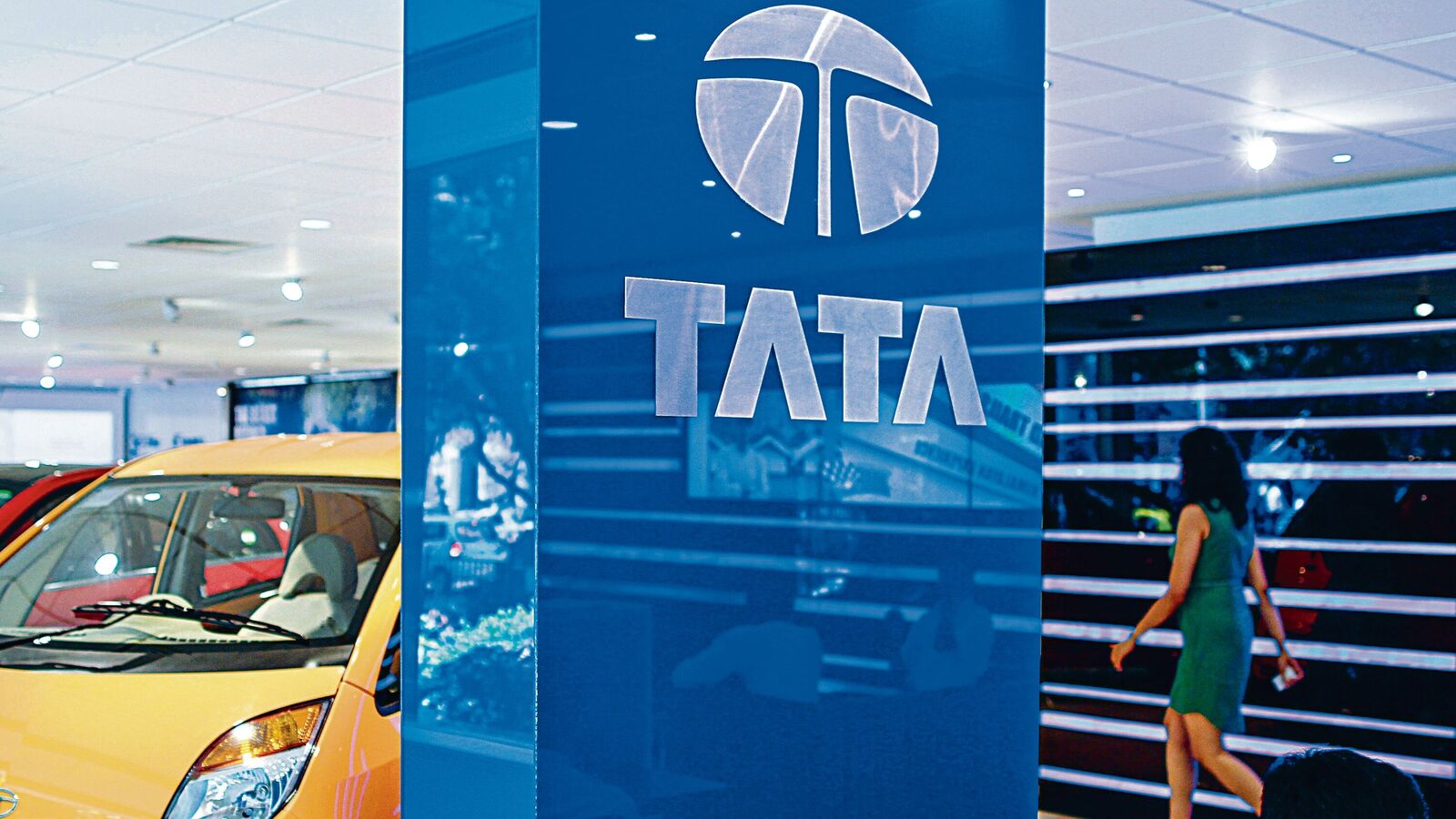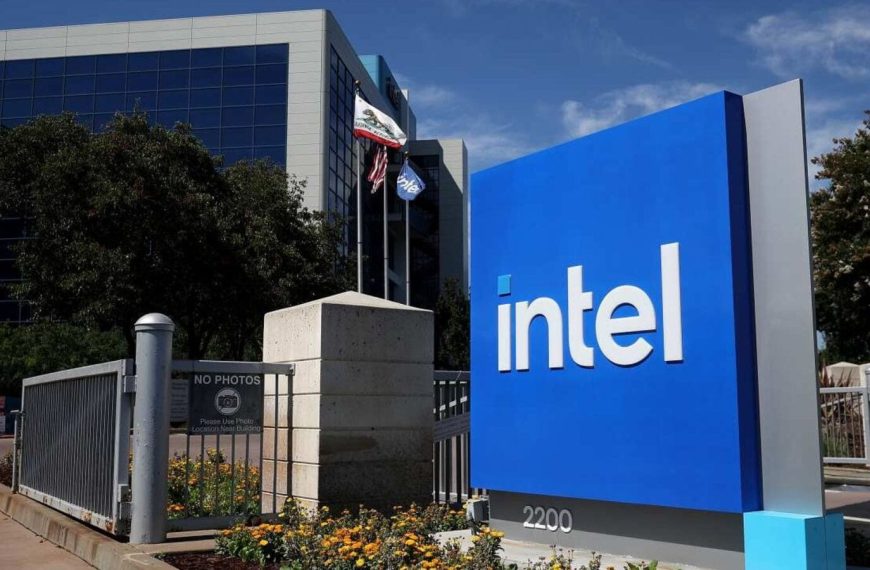Tata Motors is currently in the spotlight as Kotak Institutional Equities has decided to downgrade its stock rating, raising alarms among investors. This shift comes amid escalating concerns regarding Jaguar Land Rover’s (JLR) vulnerability to new tariffs imposed in the United States. With the stock facing a significant downturn, Kotak’s recent actions only amplify worries about the company’s profitability and growth potential.
Kotak’s Downgrade and Price Target Reduction
In a recent announcement, Kotak Institutional Equities revised its stance on Tata Motors, lowering its rating from "add" to "reduce." The brokerage also cut its price target dramatically from ₹750 to ₹600, indicating a 20% reduction. This updated target suggests a modest 3% upside from the stock’s closing price as of Monday. The downgrade reflects growing concerns about the potential impact of tariffs introduced by former US President Donald Trump. These tariffs, which impose a 25% levy on auto imports, could significantly affect JLR, which relies heavily on the US market for a substantial portion of its sales.
Challenges for Jaguar Land Rover in the US Market
JLR’s premium models, including the Defender, Range Rover, and Range Rover Sport, may struggle to maintain their competitive edge in the US due to the import-based nature of their supply chain. This situation puts them at a disadvantage compared to manufacturers who produce vehicles locally. Kotak also pointed out that the overall luxury vehicle sector in the US could face economic challenges, which may further exacerbate difficulties for JLR. The brokerage estimates that the combined effect of increased tariffs and a sluggish demand environment could lead to a potential earnings drop of 15% to 37%, depending on the duration and structure of the tariffs.
JLR Takes Precautionary Measures
In light of the tariff situation, JLR announced a temporary halt in shipments to the US for April, allowing the company to evaluate the full impact of the new tariff regime. This decision underscores the significance of the US market for JLR’s luxury offerings.
Financial Performance Amidst Uncertainty
Despite these challenges, Tata Motors recently hit a noteworthy financial milestone by achieving its goal of becoming net debt-free by FY25. The company concluded the fiscal year with a net cash position, demonstrating operational resilience even in a turbulent environment. In the most recent quarter, JLR’s wholesale volumes in North America increased by 14.4% year-over-year, significantly surpassing the overall wholesale growth rate of just 1.1%. However, the future remains uncertain due to shifting trade dynamics and ongoing geopolitical tensions.
Stock Performance: A Decline Continues
The performance of Tata Motors’ shares has been disappointing, plummeting over 42% in the past year. The stock has continued to struggle in April, dropping 12% so far this month, despite a brief recovery of 8.6% in March. Prior to this, the stock had experienced seven consecutive months of declines. Recently, Tata Motors shares reached a 52-week low of ₹542.55 but bounced back slightly to ₹606.40, up 4.5% intraday, thanks to favorable market conditions. Nonetheless, this rebound leaves the stock more than 48% off its 52-week high of ₹1,179.05, recorded in July 2024.
As Tata Motors navigates these challenges, the focus will remain on how effectively the company can adapt to the evolving market landscape and mitigate the impact of rising tariffs on its luxury brand, JLR.











